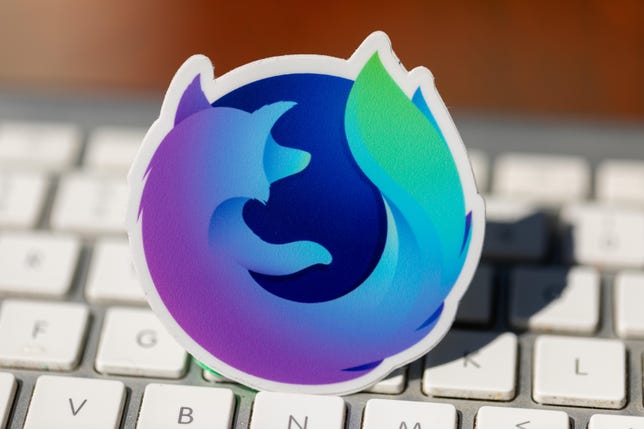this post was submitted on 01 Sep 2023
217 points (100.0% liked)
Free and Open Source Software
17943 readers
37 users here now
If it's free and open source and it's also software, it can be discussed here. Subcommunity of Technology.
This community's icon was made by Aaron Schneider, under the CC-BY-NC-SA 4.0 license.
founded 2 years ago
MODERATORS
you are viewing a single comment's thread
view the rest of the comments
view the rest of the comments

???
And that's not my point at all. As I mentioned earlier, I only mentioned Android because it's the only mainstream mobile OS which allows sideload apps and has alternative app store. Whether Android in itself is opensource or not is irrelevant in this context, when I'm discussing specifically about Android apps, as an example. Also, I never claimed it was a concern for "most" people, and again, that's besides the point.
Actually, it isn't. It (the motivation for opensource) has nothing to do any of the things you mentioned, but more about transparency and control for end users (and faster development lifecycles for developers). As I've repeatedly mentioned, people are increasingly getting sick of their apps being filled with ads and trackers and all the corporate spying and data harvesting, and the general enshittification of services. Which is one of the factors driving end users seeking out opensource software.
No, it is not. You say that but there is zero evidence that "people" are leaving commercial software for open source software based on concerns about transparency and control. Those are positives in most people's minds, sure, but the open source software that dominates against commercial alternatives is the one that leads on features and usability. Sometimes solely on price and free access. Those factors are at best a tertiary priority, and sometimes not even that.
That's what I'm saying here. The online circle that considers that transparency and control are the primary reason to choose software at the expense of feature limitations or poor UX is a very small niche disproportionately focused on those issues. And performatively so, at least in highly visible places like social media and dedicated influencers.
I think open source is great. It's important. And yes, once monetization encroaches into the feature set (see Chrome attempting to DRM the Internet) it's crucial to have an open source alternative to bypass the loss of functionality. But the market doesn't move to alternatives based on their open source nature, they choose the most convenient software available to do the thing they need to do. Sometimes that software is commercial, sometimes it's free but closed source, sometimes it's open source. That's fine. It's not gonna change and it doesn't have to.
That is important because sometimes open source devs forget about that and don't focus enough on the things that matter to consumers. And sometimes the open source community, such as it is, will excuse this or even take pride on working around it on the basis of that performative sense of belonging and righteousness. I think that's a risk for everybody, which is the part that annoys me about it.
And what I'm saying is, why does that matter here? The argument was about whether or not the opensource world exists, and has nothing to do with how big or small this niche is.
I don't see what's wrong with that or why it should annoy you? If you disagree with the dev's philosophy, then fork the software and fix it yourself, that's the beauty of opensource - you don't need to agree with the dev or wait for them. And if you don't have the skills to fix it yourself, sponsor someone who can. Or just use a different software. No one's holding a gun against your head and forcing you here. There's no reason it should annoy you.
See, it's annoying because I do care. Like I said, I think OS is important. The culture around it determines how projects grow and are handled, and that's a much bigger problem than "disagreeing with a dev".
Regardless, the idea of forking forever based on petty disagreements and cultural drama is very much part of the problem, not a solution and an unsustainable pattern. It's a bit disingenuous to suggest that because the code is accessible there is no room for feedback or criticism. The free hand of the market will not fix all problems, whether it's with code or the economy.